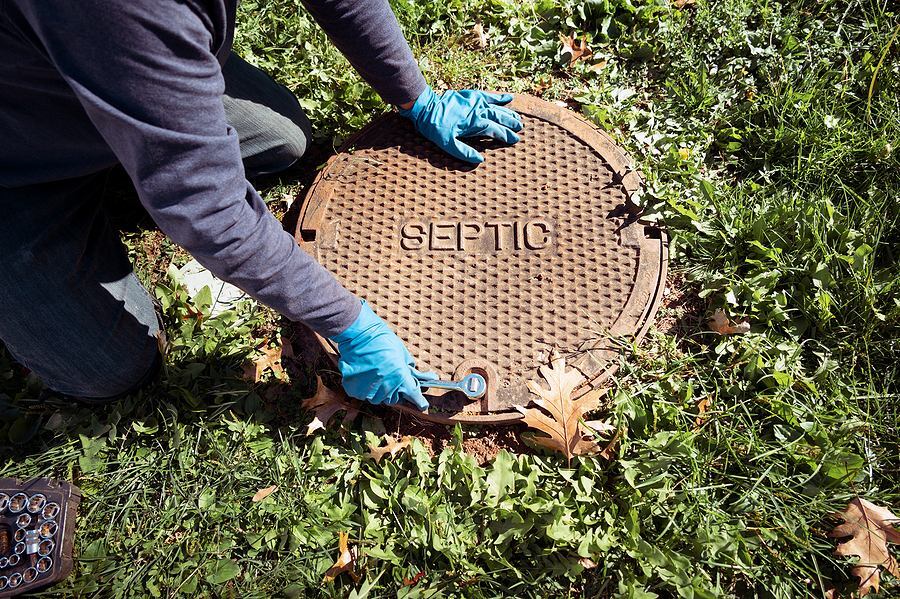
19
When it comes to managing household wastewater, homeowners typically have two primary options: sewer systems and septic systems. Each has its own advantages and disadvantages, and understanding these differences can help you make informed decisions about your home's wastewater management.
Choosing between a sewer system and a septic system depends on various factors, including location, cost considerations, and personal preferences. Sewer systems offer convenience and reliability with minimal maintenance but come with ongoing fees. Septic systems, on the other hand, provide independence and potential cost savings but require diligent maintenance, such as regular septic tank pumping and cleaning. Weigh the pros and cons of both and decide which is a better fit for your lifestyle.

22
Can Bacteria Additives Eliminate the Need for Pumping? If you own a home with a septic system, you’ve probably seen…
Read more
12
A single slow drain in your home can feel like a minor inconvenience. Maybe the sink takes a little longer…
Read more
05
Are Slow Drains a Septic Issue or Just a Clog? Slow drains are one of those household problems that start…
Read more
02
What Septic Service Techs See That Homeowners Miss Most homeowners only think about their septic system when something goes wrong.…
Read more
21
Simple Habits That Protect Your Septic System A well-functioning septic system does its job quietly, but the moment something goes…
Read more
14
Pump Now or Pay Later: The Real Cost of Skipping Maintenance A properly functioning septic system is easy to forget…
Read more
11
Why Your Septic System Always Acts Up at the Worst Time Homeowners often feel that septic problems strike at the…
Read more
04
Early Warning Signs Your Septic Tank Needs Pumping For homeowners who rely on a septic system, routine maintenance is not…
Read more
29
Why Does My Septic System Smell Fine One Day and Terrible the Next? If you own a home with a…
Read more
19
Is Your Septic System Overdue? Simple Home Checks You Can Do Today For many homeowners, the septic system is a…
Read more